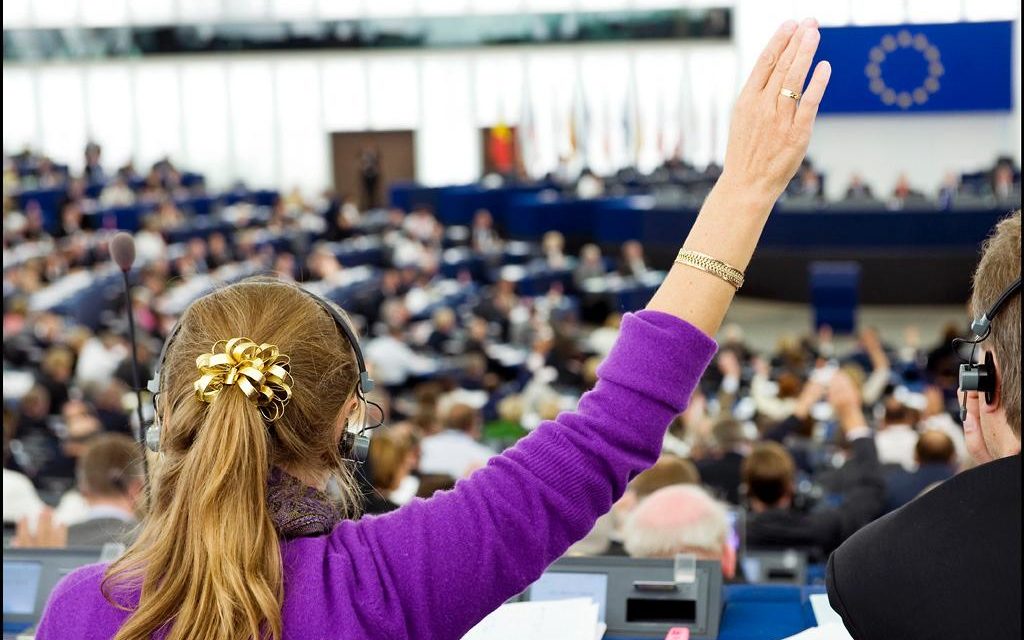According to a new proposal, the European Parliament would abolish unanimous decision-making in the Article 7 procedure. With this, they want to achieve that it will be possible to decide on sanctions against individual member states with a qualified majority, it was said in M1's Ma reglegg program.
The topic of the rule of law is beginning to be developed, the members of the European Parliament realized that they are not facing such a simple issue or problem, since we can also talk about the rule of law in a geographical sense - so the English rule of law system is not the same as French constitutionalism - but the formal rule of law aspects also differ, i.e. certain institutions exist in some Member States, but not in others, said Zoltán Lomnici Jr., constitutional lawyer and legal expert of Századvég.
This should therefore be considered a matter for experts, but the politicians decide. Now there is a left-wing and liberal bloc, joined by the European People's Party and its vast majority, and there are conservatives and sovereignists who, on a principled basis, and not only in defense of Hungary and Poland, attack this toolbox of pressure that can also be used for blackmail, which now has several has an element.
"One is the accepted rule of law mechanism, which was brought under the roof last December, and which states that if the rule of law is violated in the distribution of EU funds, the withdrawal of funds may be one of the consequences," added the constitutional lawyer.
The European Parliament is now dealing with the fact that certain decisions, such as the procedure according to Article 7, can now be adopted with a simple majority.
Zoltán Lomnici Jr. said that the Constitutional Court decision 2/1992 clearly highlighted that the basic condition of the rule of law is legal certainty, it did so by referring to international standards, and that if this is the case, then the fundamental element of legal certainty is the prohibition of retroactive effect. This is also included in Article 7 of the European Convention on Human Rights.
"If the prohibition of retroactive effect is violated, then those who think that the procedure according to Article 7 - which is in progress, now in relation to Poland and Hungary - will be changed, then want to apply this changed procedure to the two countries, are going against EU law in an ongoing procedure, it clearly violates EU law, violates the principles of EU law," added Századvég's legal expert.
Zoltán Lomnici said that "Member of the European Parliament Balázs Hidvégi did not accidentally refer to the fact that the most important result last December was that the heads of state and government in the European Council said: you cannot judge and stigmatize member states on ideological grounds.
This is the only real ray of hope, which in the coming years can be a catch for those states that for some reason may end up in the crosshairs of some European institutions, such as the European Parliament,' emphasized the junior. Zoltán Lomnici.
source: M1 / hirado.hu
Cover image: Illustration - Source: European Parliament













